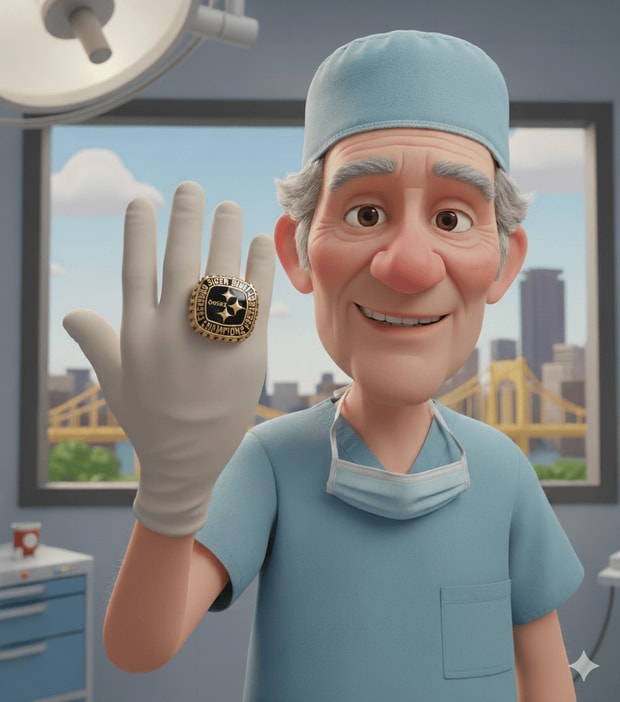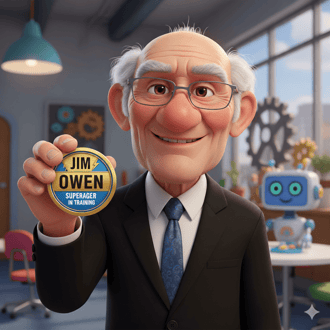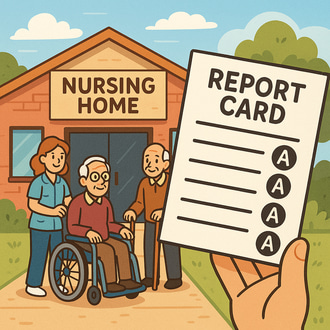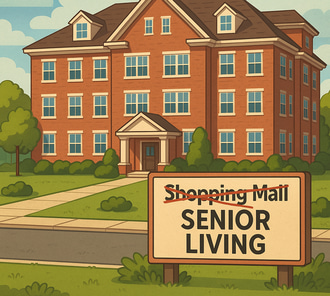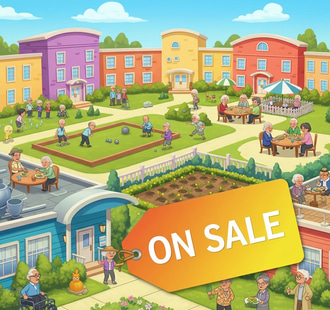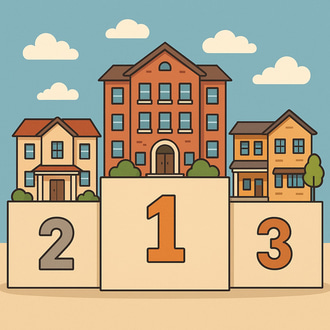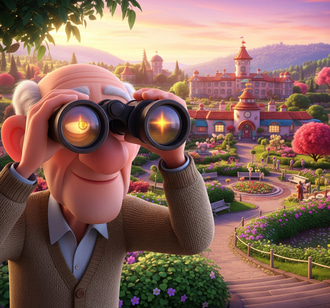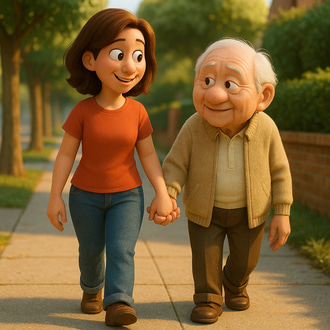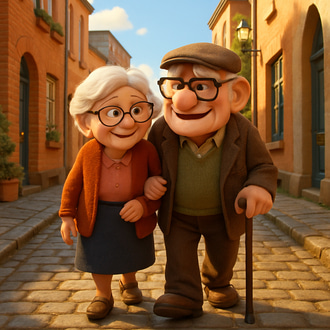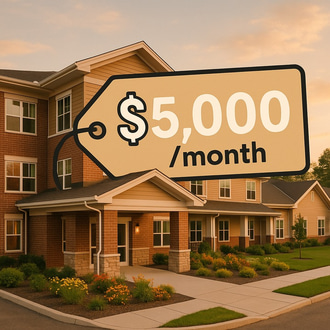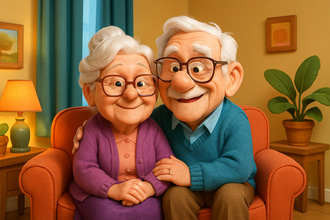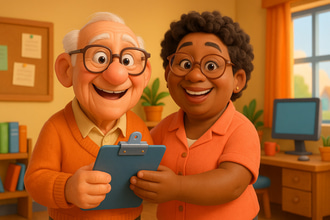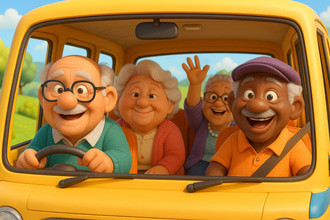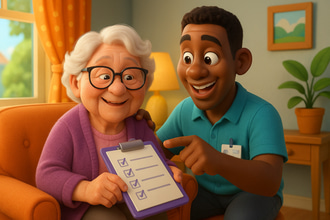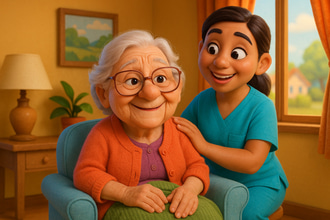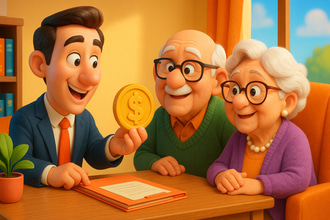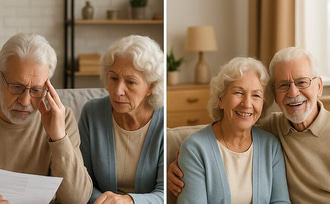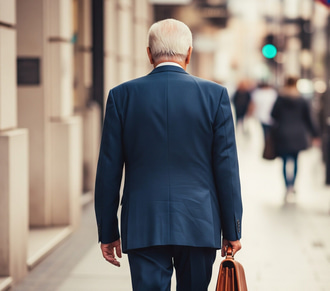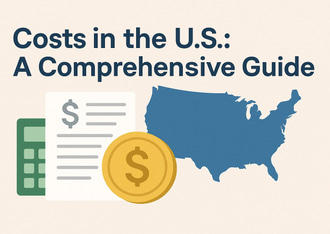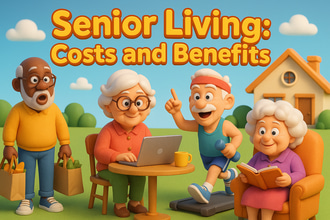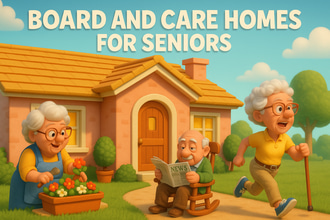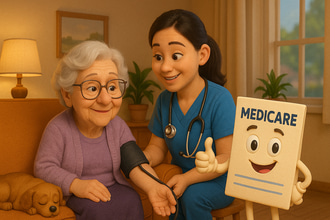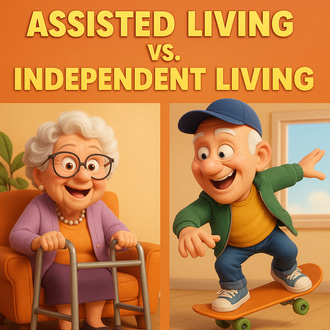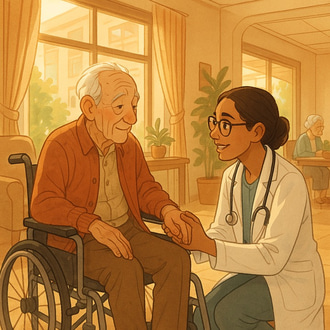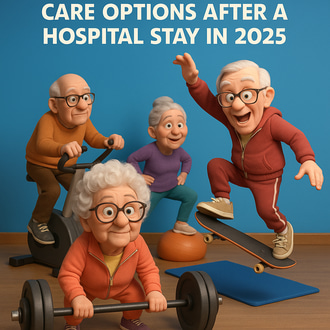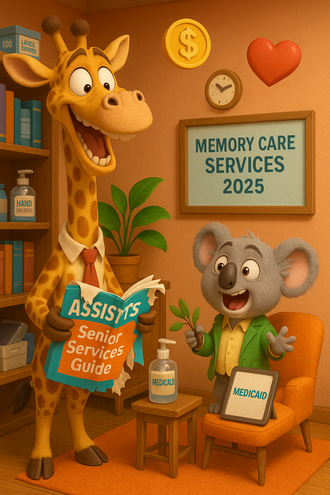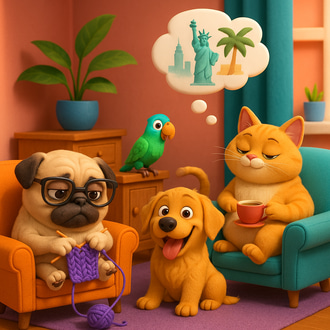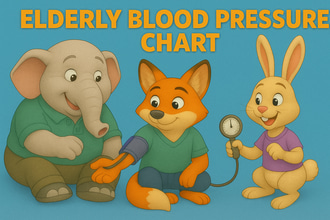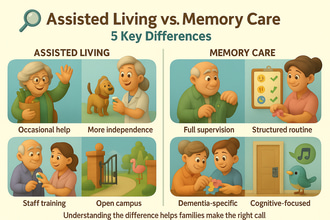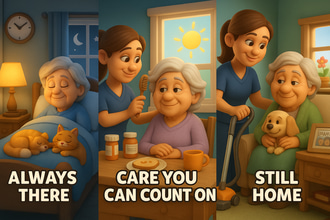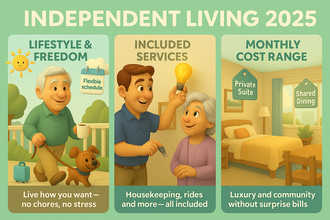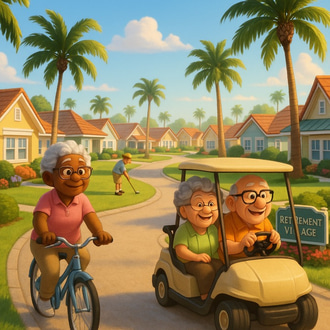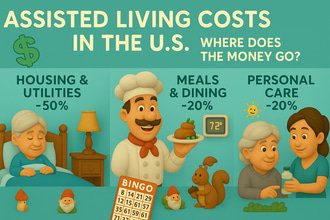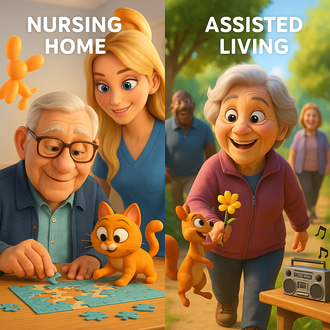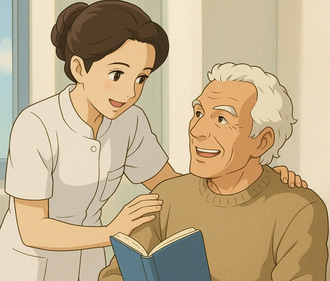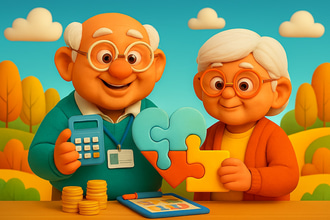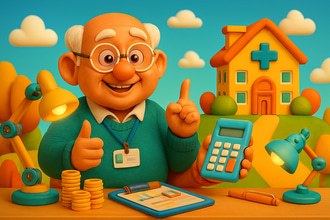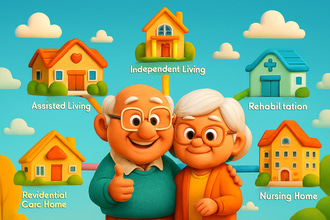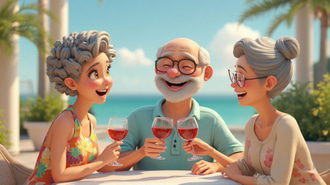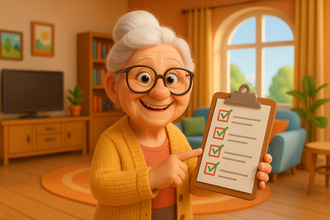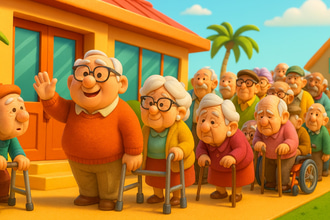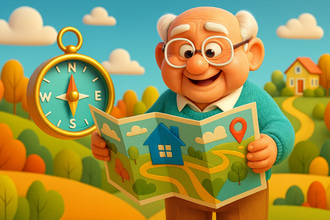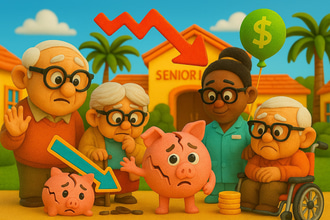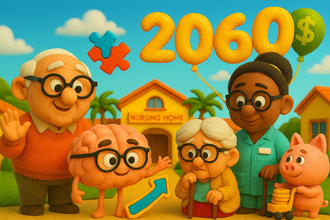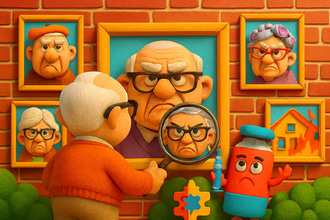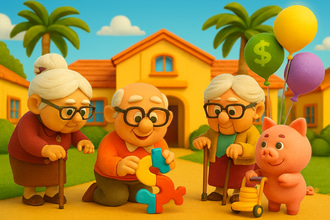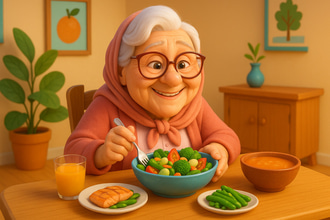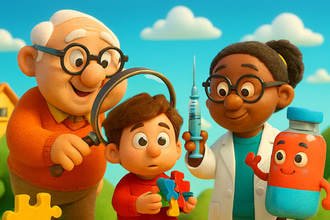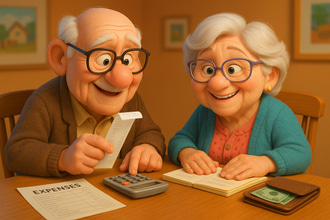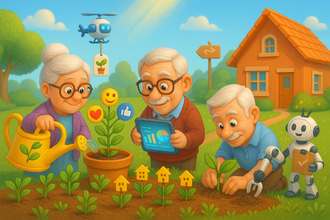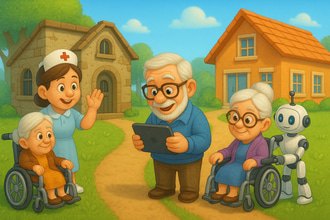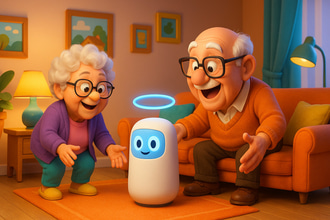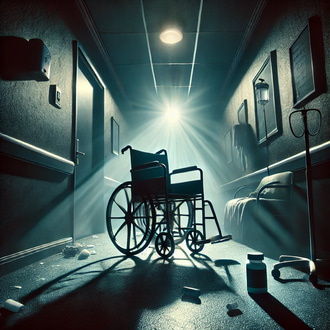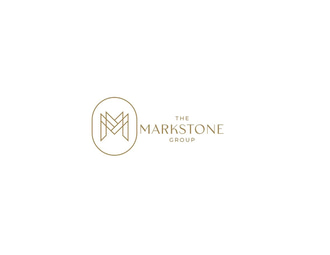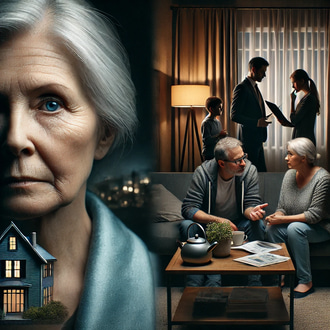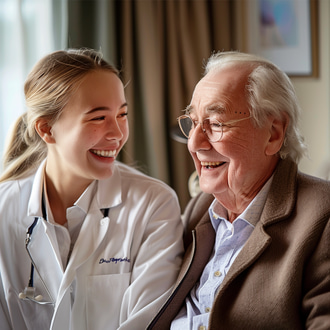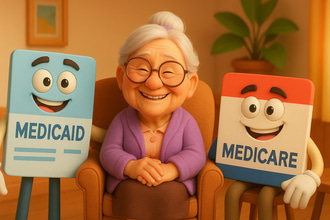At 84 years old, neurosurgeon, author, and eight-time Ironman athlete Dr. Joseph Maroon embodies what it means to age with vitality. After four decades with the Pittsburgh Steelers and a lifetime dedicated to brain and longevity research, Dr. Maroon joined Assisted Living Magazine to share how simple habits, purpose, and perspective can transform the aging process.
From Steel Town Roots to Surgical Breakthroughs
Growing up in Bridgeport, Ohio—a town defined by coal mines and steel mills—Dr. Maroon says he had three paths: “You worked in the mills, the mines, or you got an athletic scholarship.” Football opened the door to Indiana University, where a book called The Prophet by Kahlil Gibran profoundly influenced his outlook. “We give but little when we give of our possessions; it is when we give of ourselves that we truly give,” he recalls.
That philosophy of service—“giving back through medicine”—became the foundation of a career spanning neurosurgery, research, and wellness advocacy. Yet for Maroon, success hasn’t meant standing still. “Life isn’t a straight line,” he says. “It’s a series of renewals shaped by serendipity and ‘life quakes’—the good and bad events that test our resilience.”
Overcoming a “Life Quake”
At 41, Dr. Maroon faced one of his own. Within a single week, his father died of a heart attack, his marriage ended, and he left his post as chief of neurosurgery. “I went from doing awake brain surgery to pumping gas and flipping hamburgers at a truck stop,” he recalls. Depression followed—until a banker friend invited him on a run. “I made it four laps around the track and said, ‘Never again.’ But that night, I slept for the first time in months.”
That run became a turning point. Exercise restored his mood, sleep, and sense of purpose. “The mind can make the body sick,” he says, “but the body can heal the mind.” What began as four laps turned into triathlons—and eventually, Ironman competitions.
“I say this not to boast—it saved my life,” he says. “If I hadn’t taken that run around the track, I wouldn’t be talking to you today.”
Training for Aging
While many people fear growing older, Dr. Maroon believes aging is something to train for. He simplifies healthy aging into five pillars:
- Nutrition
- Exercise
- Stress management
- Avoiding toxins (like alcohol and drugs)
- Sleep
“Healthy aging is not complicated,” he says. “We all know what to do—the challenge is doing it.”
For those starting later in life, he emphasizes that small changes still matter: “Walking every day, sleeping better, cutting alcohol, eating more plants—each step helps rebalance your body and mind.”
Movement as Medicine
Maroon continues to train and compete, even in his 80s, but his message is universal: “You don’t need to be a triathlete. Just move.” Regular aerobic and resistance exercise, he explains, triggers the release of brain-healing chemicals that improve mood and cognitive function. “Exercise is the most powerful anti-aging tool we have,” he says.
Beyond physical movement, he advocates staying mentally curious and socially connected—two factors closely linked to longevity and resilience in older adults.
The Science of Renewal
Today, Dr. Maroon is conducting groundbreaking research at the University of Pittsburgh and collaborating with Aviv Clinics, an international leader in hyperbaric oxygen therapy and longevity science. His work focuses on understanding how oxidative stress contributes to neurological diseases like Alzheimer’s, Parkinson’s, and traumatic brain injury.
“Alzheimer’s, Parkinson’s, and TBI share a common thread: oxidative damage,” he explains. “Our brains oxidize like an apple turning brown when left out overnight. If we don’t have enough antioxidants like glutathione, the brain’s defenses weaken.”
At Aviv Clinics, he has studied how hyperbaric oxygen therapy can stimulate new brain cell growth, increase stem cell activity, and improve cognitive performance. “The results are remarkable,” he says. “We’re seeing real changes in neuroplasticity and measurable gains in mental clarity and physical endurance.”
He’s also a proponent of the Mediterranean diet—rich in fish, vegetables, legumes, and healthy fats—and of intermittent fasting. “Even small shifts in what you eat can lower inflammation and slow neurodegeneration,” he notes.
Purpose and Perspective
For Dr. Maroon, longevity isn’t just a biological goal—it’s a spiritual one. “The purpose of life is a life of purpose,” he says. “Those who don’t have a reason to get up in the morning suffer from depression and futility. You have to keep looking for ways to help others and stay curious.”
Even after decades of research, surgery, and Ironman races, he finds himself more energized than ever. “I’m having more fun in my 80s than when I was operating,” he says with a smile. “Because I still have a purpose—and that makes all the difference.”





